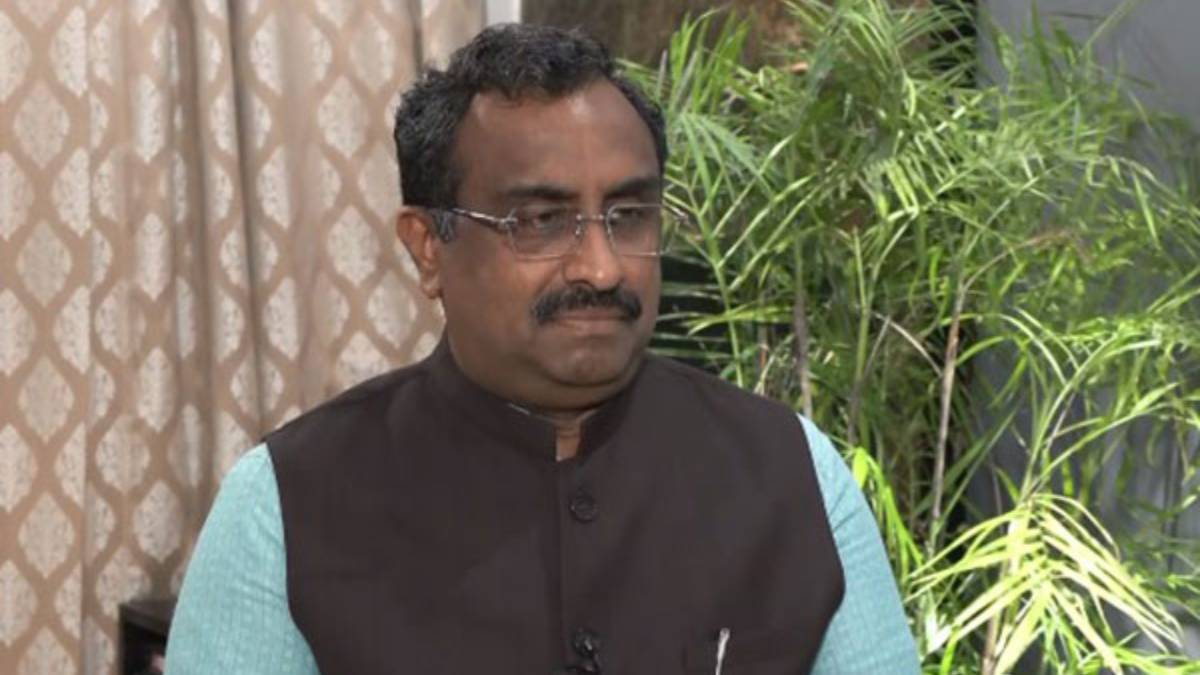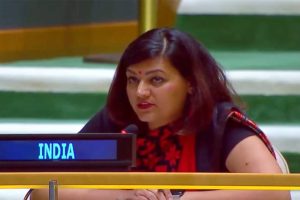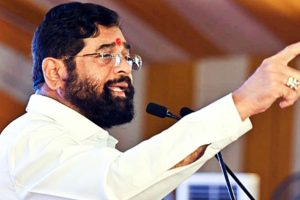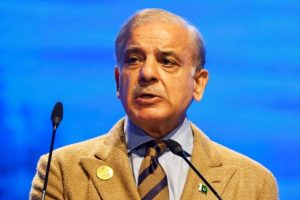Rashtriya Swayamsevak Sangh (RSS) leader Ram Madhav on Saturday dismissed Pakistan Army Chief General Asim Munir’s recent nuclear war threat against India, asserting that “nobody is scared of such blackmail” and that India has the capability and wisdom to respond appropriately.
Munir’s remarks, made during his visit to the United States earlier this week, had already drawn sharp criticism from India’s Ministry of External Affairs (MEA), which warned Islamabad of “painful consequences” if it continued such rhetoric.
“Munir ke nuclear threat se koi darne wala nahi hai (nobody is scared of Munir’s nuclear threat). The Prime Minister has already given a fitting reply. Nobody can scare India with nuclear blackmail. If the need arises, India knows how to respond,” Madhav told ANI.
When asked about Washington’s engagement with Pakistan, Madhav described former US President Donald Trump as a “transactionalist leader” who often dealt with adversaries in unconventional ways.
“We are sentimental people, but we must understand Trump’s style. He even engaged North Korea’s dictator Kim Jong-Un, met him in Singapore, called him a friend—yet relations did not change. Similarly, Trump’s outreach to Munir is just part of his transactional politics,” Madhav said.
He compared this to the US’s past cooperation with former Pakistan President Pervez Musharraf during the war in Afghanistan, despite his support for terrorism. “America has always acted to secure its own interests,” he added.
Madhav also dismissed concerns that India was failing in handling US ties amid tariff disputes. Referring to Trump’s decision to impose additional 25% tariffs on Indian exports, he argued that despite trade frictions, India-US relations were strong and long-term.
“Differences will come and go, but the partnership has reached a level where such disputes cannot derail the relationship,” he said.
He further highlighted India’s principle of “strategic autonomy” in foreign policy, pointing to India’s ability to maintain ties with diverse global powers, including China. Citing the 2014 visit of Chinese President Xi Jinping to Ahmedabad, Madhav said, “We engage with every country based on our interests.”
While acknowledging tensions after the Galwan clash in 2020, Madhav stressed the importance of India-China trade ties, noting that bilateral trade exceeds USD 140 billion.
Madhav’s comments came a day after Prime Minister Narendra Modi, in his Independence Day address, praised the success of Operation Sindoor, India’s cross-border operation targeting terror infrastructure in Pakistan. Modi described it as India’s firm response to the Pahalgam terror attack, where innocent civilians were brutally killed.
Meanwhile, Trump recently escalated pressure on India by announcing potential “secondary sanctions” linked to its oil imports from Russia. Justifying the move, the White House claimed that Indian imports posed an “extraordinary threat” to US national security and foreign policy.





